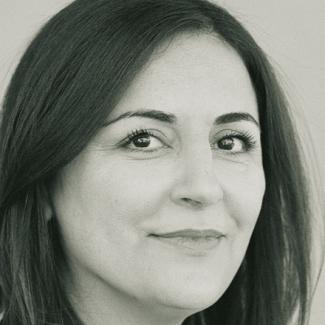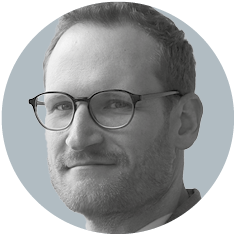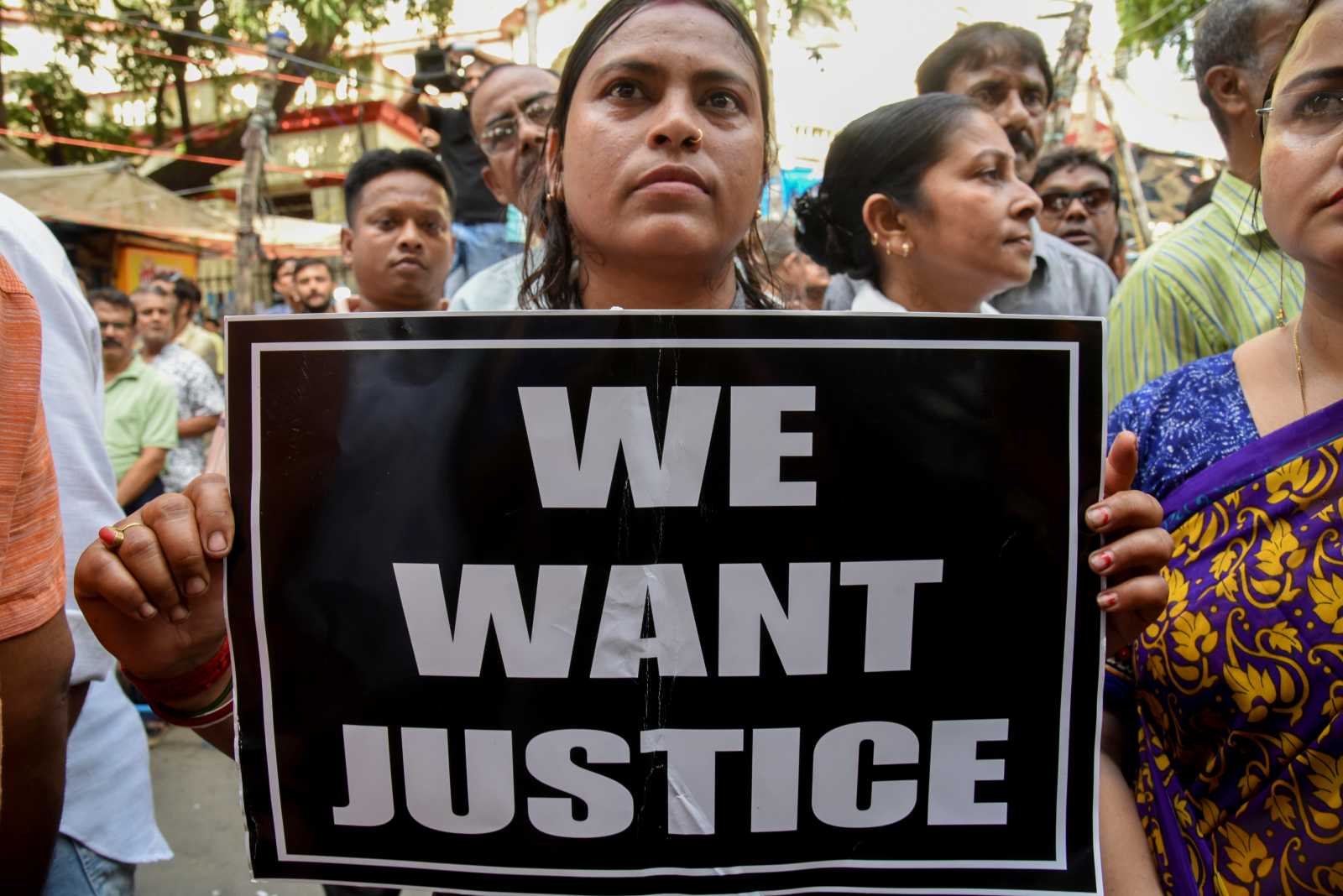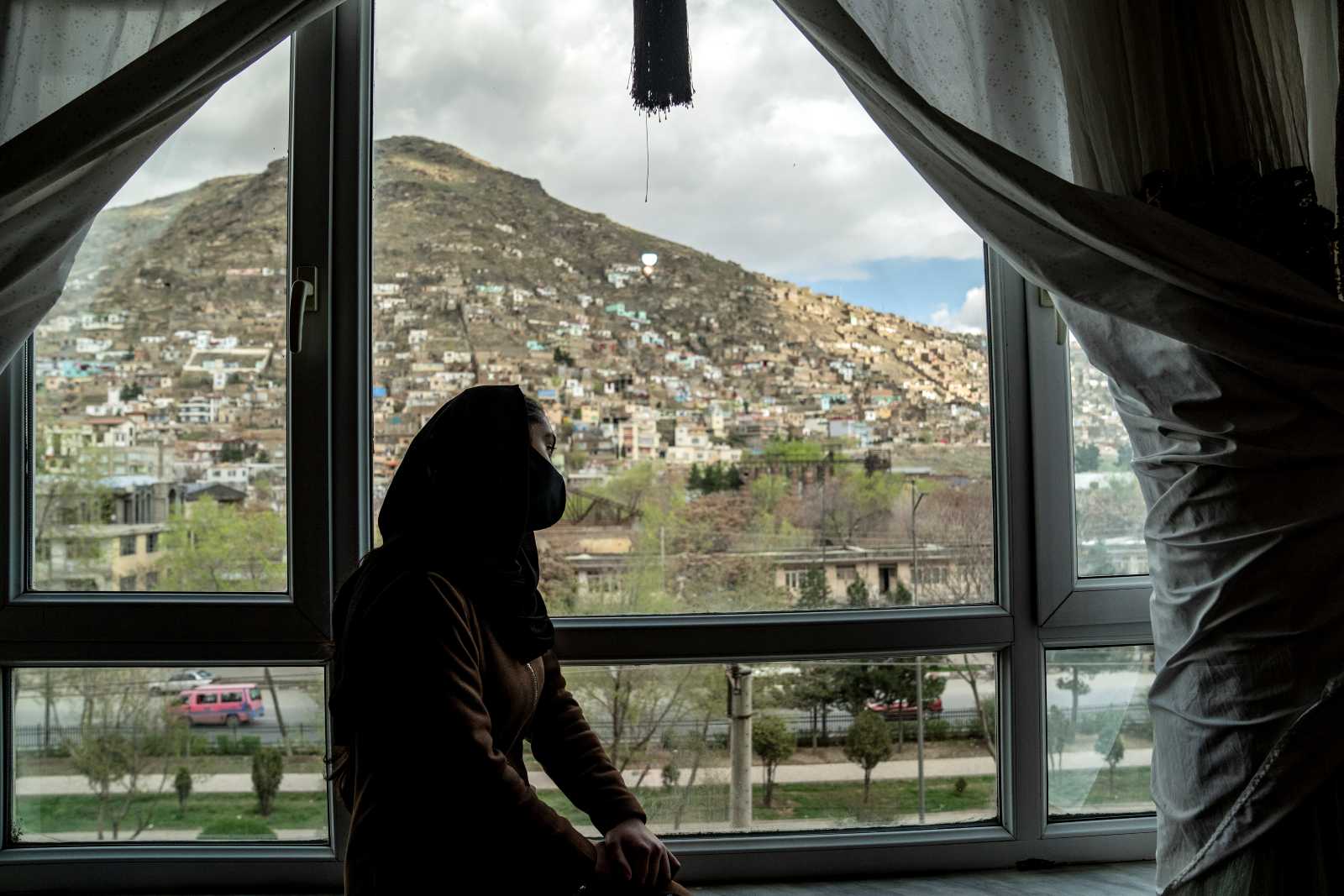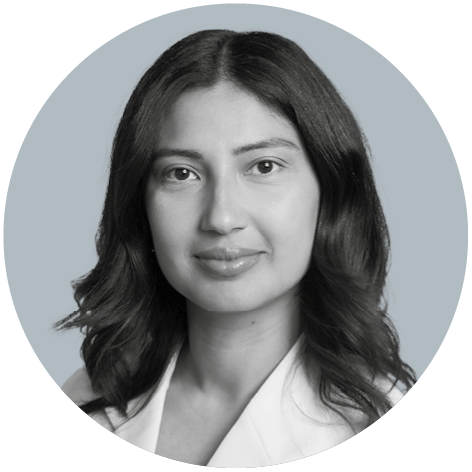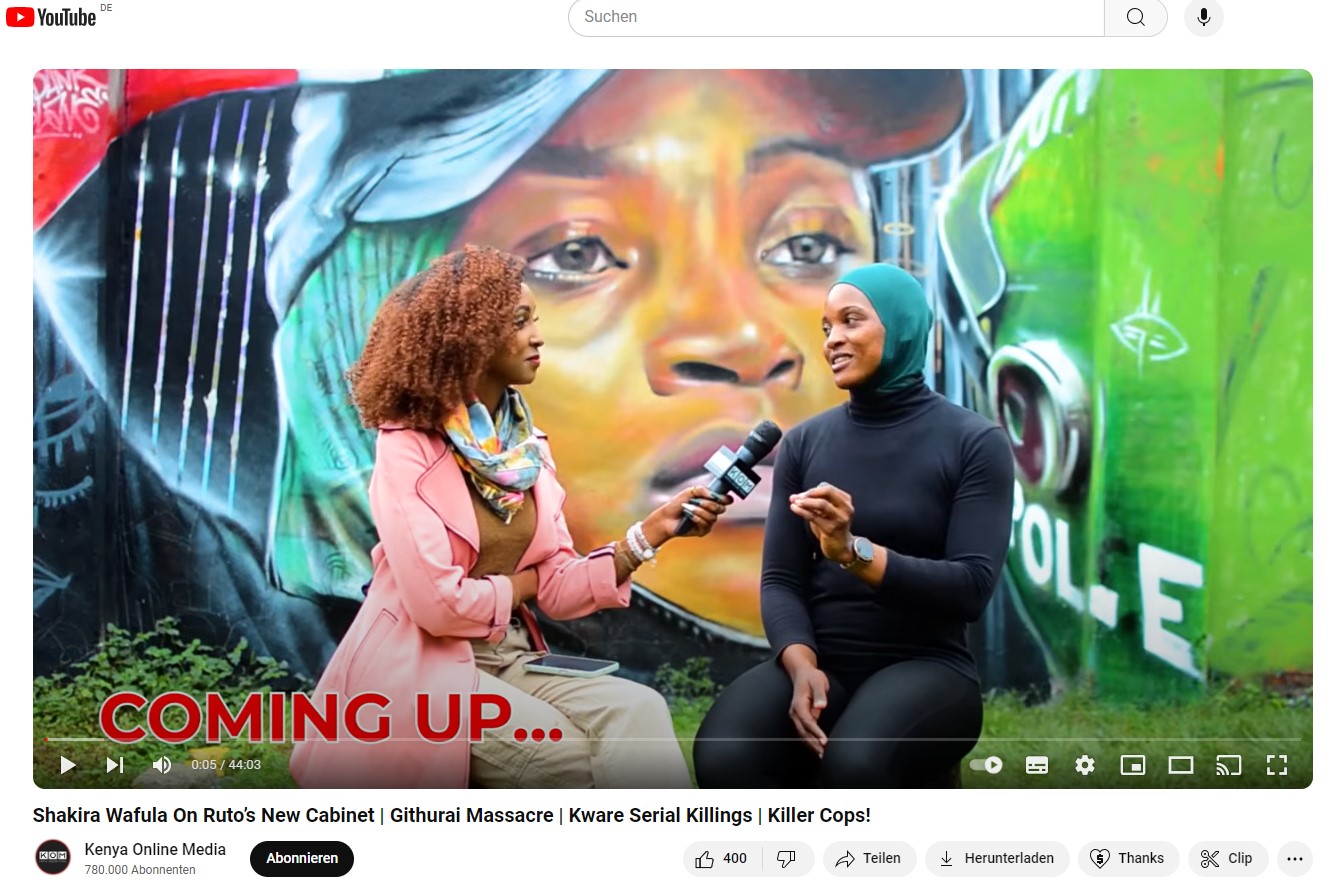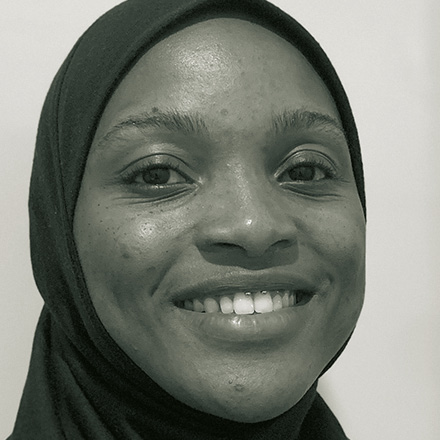Immigration
“We don’t need saviours – we need dialogue on equal footing”
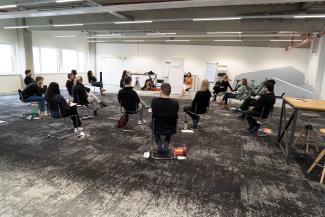
Germany has long been a country of immigration, but it has struggled for years to see itself that way. Why is that?
We never had a culture of immigration. My parents came to Germany from Turkey in the 1970s as so-called guest workers. Correspondingly they were treated as “guests”, not as “citizens”. That caused a great deal of pain among migrants, and a lot of potential was wasted. It’s also no coincidence that my generation, born in Germany, looked for role models in America’s anti-racist civil rights movement, because we didn’t have any here.
You grew up in the 1980s in Hannover as one of eleven children of a Kurdish-Yazidi family from Turkey. Your father worked as a floor tiler. How do you look back on this time regarding social belonging?
I can remember, when I was growing up, that my family and I felt like people were telling us “You can be thankful that we saved you.” It took a long time to have exchanges on equal footing. We’re still working on that today. My current work also has to do with the pain of that period. It is a very personal matter when you have the feeling that you always have to fight to belong.
Do you have a specific example?
It started with the fact that my siblings and I were denied German citizenship for a long time, even though we were born here. My father had to fight for it. I didn’t become a citizen until I was nine years old. You have to realise what it means, emotionally, to tell people with roots in another country that they don’t belong or are unwelcome. What worked well, though, was the community of solidarity. At that time, it was much more progressive than the German government.
Please say more about that.
In the beginning, there were many obstacles to my positive development. My mother was illiterate and couldn’t speak German. I had no books at home, and we only spoke Kurdish. However, in our part of the city, Hannover Linden, people looked after each other. My siblings and I were put in kindergarten early – that’s what saved us. We received support in early childhood, and German teachers took us under their wings. We had a community of neighbours that read books with us and took us to free-time activities that my parents couldn’t afford. There was a library we could access for free. We went to the same school as the children of directors and politicians. There was no segregation, no ghettoisation. This Germany that existed at that time in Hannover made me the person I am today.
In 2019, you founded the education initiative GermanDream. What does it do?
We are a network that now has over 500 volunteer value ambassadors operating nationwide. Our members include famous people like the Federal Minister of Agriculture, Cem Özdemir, as well as volunteers, retired people and students. Schools can contact us regarding various topics that need to be discussed, like the Russia-Ukraine conflict, antisemitism, racism, health care or identity. We then send a person to lead a discussion with pupils. The unique thing about us is that our value ambassadors have an immigrant background, though not exclusively. Anybody can work for us. I am proud that we now have a conversation about values at a German school every day.
What values are you concerned with?
The basic consensus underlying the values we communicate is a firm commitment to the free democratic order, which includes values like equal rights, self-determination, freedom of religion and of the press, as well as family. Our goal is to involve pupils, expand their ways of thinking and address fears and challenges. For example, we talk about what personal freedom means in the context of society, and to what extent it is constrained. Mut:Republik, the values-based organisational consultancy I founded, also combines values with social participation. Our work there is based on the conviction that individuals can make a difference when they get involved and courageously stand up for their principles.
What is your opinion on Germany’s discourse about immigration?
To some extent it is stuck in the 1980s, and it often reflects prejudices that are latent in many people. If someone named Ahmed causes trouble, then ultimately, he doesn’t actually belong. But the idea is for people to be part of society even if they aren’t high achievers. A friend of mine once hit the nail on the head: “I want to be able to make mistakes and still belong.” Germany can’t let itself scare people away, if only because of the demographic change and the lack of skilled labour.
In order to make immigration easier for foreign workers, Germany’s federal government is planning a new Skilled Immigration Act, with a point system like Canada’s to evaluate professional qualifications and language skills, for example. In addition, immigrants could receive citizenship after only five years of residence in Germany, instead of the current eight years. Are these steps in the right direction?
Social acceptance is already much higher than we’re often led to believe. But there are still legal shortcomings. It’s high time for more to be done to improve equality. We do need workers from other countries, but at the same time we must not remain blind to the potential at home. How can it be that Germany is looking for skilled workers in India, while at home bureaucracy is stopping people from getting better jobs? Take the example of a woman from Syria. She was a teacher there for 30 years before she fled to Germany because of the war. Here, she can’t train to be a child-care worker because she can only present a school certificate for the twelfth form, but not the ninth or tenth, like the authorities are demanding. That can’t be.
People with migrant backgrounds are still discriminated against in Germany, for instance when it comes to accessing housing, work and education. With regards to society as a whole, what do you think are the largest deficits at the moment?
I see structural deficits above all; other countries are more advanced. When it comes to racist violence, we in Germany still too often look the other way, dismiss it as an isolated incident or blame the victim. That’s wrong. We are all responsible.
How can we live up to our responsibility?
By paying better attention and talking about racism in Germany, even when it’s painful. These debates are too important to be held only in Twitter echo chambers. We must overcome the dynamics of division. In many areas, people from certain backgrounds or classes still have a very hard time. But institutions and corporations also become more innovative and competitive if they free themselves from prejudices and include people.
In your book #GermanDream, you warn against the collective attribution of victimhood to migrants. What do you mean by that?
Migrants are not better or worse people; we are just like everyone else. No one can take away your own efforts. It’s important to make clear that we are not victims, but rather agents of change. We don’t need saviours – we need dialogue on equal footing. In a diversified society it should also be possible to talk about racism within migrant communities, for example. The dividing lines don’t run between nationalities and religions, but rather between values. All in all, the goal is to not see immigration as a deficit, but rather as wealth, as a treasure. We have a lot of work to do in the coming decades. I see a lot of challenges, but also a great deal of potential.
References
Tekkal, D., 2020: #GermanDream – Wie wir ein besseres Deutschland schaffen (“#GermanDream – How to create a better Germany”, available only in German). Piper Verlag, Berlin/Munich.
Düzen Tekkal is a journalist, author and founder of the human-rights organisation Háwar, the education initiative GermanDream and the consulting firm Mut:Republik.
Twitter: @germandream_de
